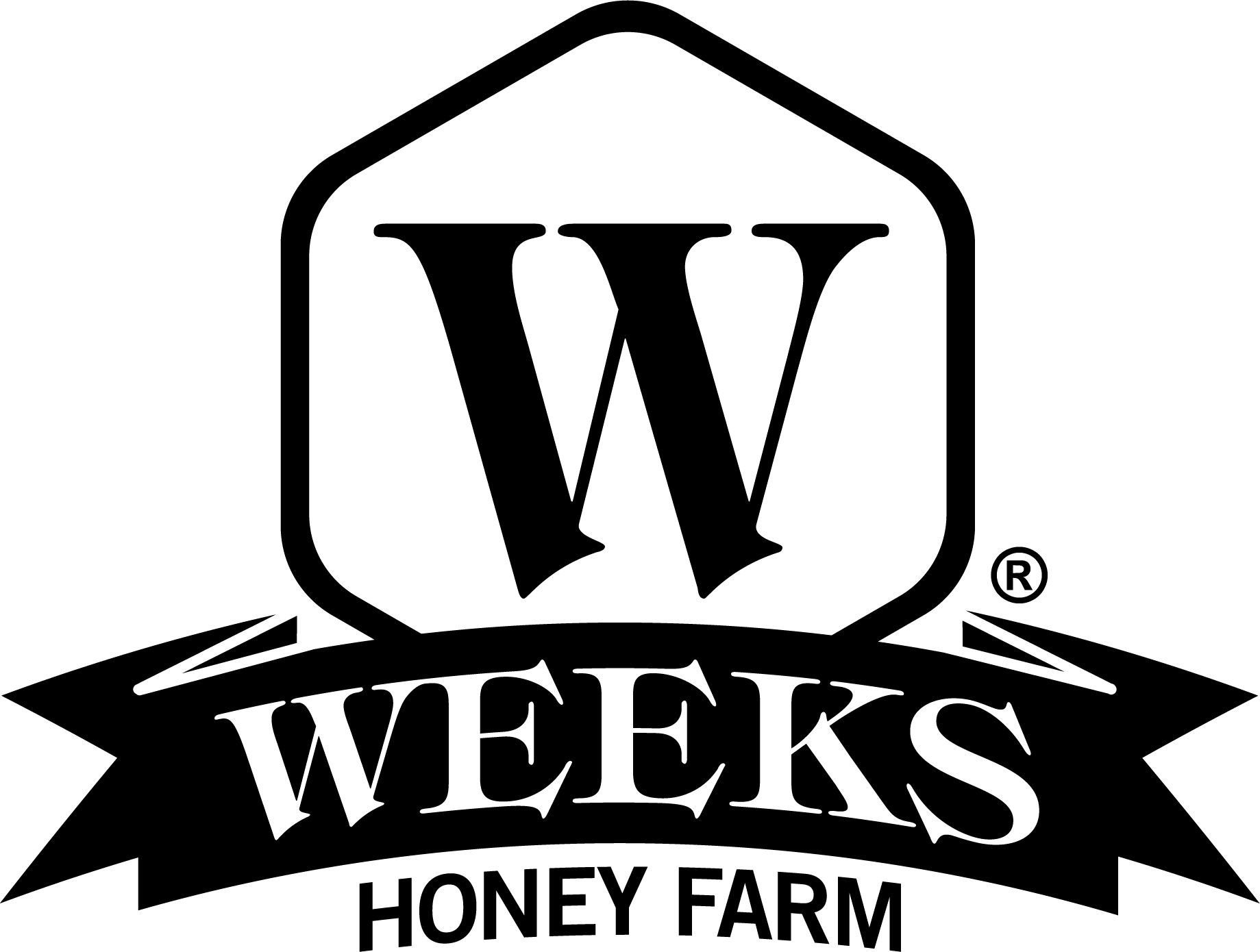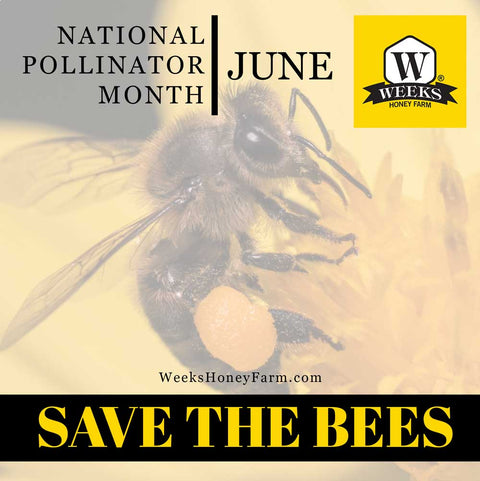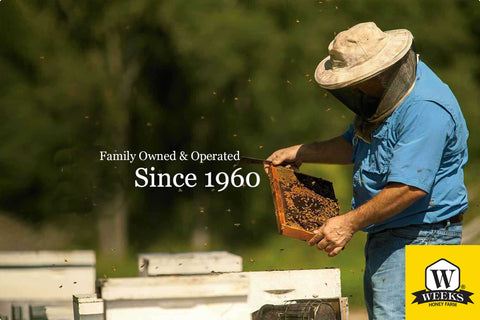Importance of Honey Bees as Pollinators
Honey bees (Apis mellifera) are among the most critical pollinators for global agriculture and ecosystems. They facilitate the transfer of pollen from the anther to the stigma of flowers, enabling fertilization and the production of fruits, seeds, and nuts. This process is vital for the reproduction of approximately 250,000 species of flowering plants, including many food crops. Honey bees are highly effective due to their ability to forage across thousands of plant species and their behavior of flower fidelity, where individual bees focus on one plant species during a foraging trip, enhancing pollination efficiency. Their role extends beyond agriculture to supporting wild plant populations, which provide habitat and food for wildlife.
SUPPORT YOUR LOCAL BEES WITH POLLINATOR SEEDS
Percentage of Food Reliant on Honey Bees
Honey bees are responsible for pollinating a significant portion of global food crops. According to the Food and Agriculture Organization (FAO) of the United Nations, approximately 35% of global food production depends on pollinators, with honey bees being the most widespread managed pollinator. Of the 100 crop varieties that provide 90% of the world’s food, 71 are pollinated by bees, with honey bees playing a dominant role in North America, pollinating nearly 95 types of fruits, such as almonds, avocados, cranberries, and apples, as well as commodity crops like soy. In the U.S., honey bees pollinate crops valued at $15–20 billion annually, with specific crops like almonds (100% dependent) and avocados (up to 90% yield loss without bees) heavily reliant on their services. Globally, pollination services contribute over $125 billion annually to agricultural production.
Rate of Honey Bee Decline
Honey bee populations have faced significant declines over recent decades, with annual colony loss rates in the U.S. averaging around 30–45% since 2006, compared to historical rates of 10–15%. For example, the Bee Informed Partnership reported a 45.5% loss rate from April 2020 to April 2021, driven by high summer and winter losses. Globally, declines are attributed to multiple stressors, including habitat loss, pesticide exposure (notably neonicotinoids), climate change, pathogens (e.g., Nosema spp.), parasites (e.g., Varroa destructor mites), and poor nutrition due to reduced floral resources. Colony collapse disorder (CCD), characterized by rapid losses of adult worker bees, has been a significant issue since 2006, with some years seeing losses as high as 90% in affected regions. While managed colony numbers have stabilized in some areas due to beekeepers’ efforts to rebuild, wild and feral bee populations have seen steeper declines, with some estimates suggesting a 30–96% reduction in wild bee species.
Importance of Supporting Honey Producers and Beekeepers
Supporting honey producers and beekeepers is crucial for maintaining pollination services, food security, and biodiversity. Beekeepers provide managed colonies that compensate for the decline in wild pollinators, ensuring crops like almonds, apples, and blueberries achieve optimal yields. In the U.S., commercial beekeepers supply over 1.4 million hives annually for almond pollination alone, underscoring their economic significance. Beekeeping also supports rural livelihoods, with over 80 million hives globally producing 1.6 million tonnes of honey annually, providing income and fostering sustainable practices.
SHOP ALL AMERICAN HONEY AND SUPPORT AMERICAN BEEKEEPERS
Challenges Faced by Beekeepers
Beekeepers face significant challenges, including:
-
High Colony Losses: Rebuilding colonies after losses is costly, with U.S. beekeepers losing an estimated 10 million hives valued at $200 each since 2006.
-
Pesticide Exposure: Neonicotinoids and other agrochemicals harm bee health, reducing pollination efficiency and colony survival.
-
Climate Change: Extreme weather, reduced habitat due to deforestation and loss of food sources.
- Economic Pressure: Rising costs of fuel, labor, and supplies are driving many beekeepers out of business. Added to this are cheaper imported honeys to the market that drive their profits to losses. We are losing American beekeepers almost as fast as bees.





Comments (0)
There are no comments for this article. Be the first one to leave a message!